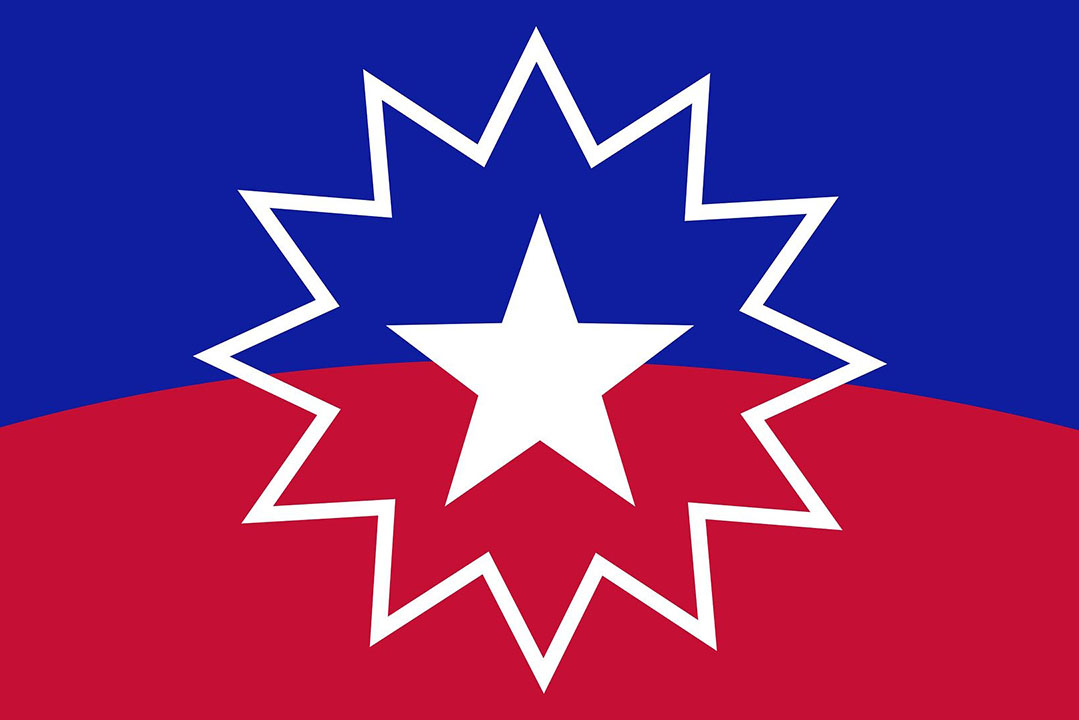
“The people of Texas are informed that in accordance with a Proclamation from the Executive of the United States, all slaves are free. This involves an absolute equality of rights and rights of property between former masters and slaves, and the connection heretofore existing between them becomes that between employer and hired labor.”
Those are the first lines of General Order 3, read to the people of Texas by Major General George Granger on June 19, 1865, nearly two years after the emancipation proclamation went into effect on January 1, 1863. There is a lot of speculation about why it took more than two years for the news to reach Texas. Some speculate that the messenger sent to deliver the news was murdered in transit. Another theory suggests federal troops withheld the information as they were waiting for one last cotton harvest before freeing the slaves. A third theory being that the enslavers intentionally kept the information to retain their labor as long as possible. Whatever the reason may have been, once the news came, it sparked a wide range of responses. Some former slaves sought to see what the new employer/employee relationship might look like. Others left nearly immediately, migrating north where they viewed true freedom, or to find lost relatives in Louisiana, Alabama and Oklahoma.
As these former slaves spread out into new territory, the idea of recounting those memories of that June day in 1865 would help keep motivation and be a release for growing stresses found in their new homes. The term “Juneteenth” was coined and became a day of release, celebration, prayer and reconnecting with family. For many decades, Juneteenth continued to be a revered holiday in Texas with many making an annual pilgrimage to Galveston on this date.
When Juneteenth started, there was a struggle to find spaces to hold the festivities with racist landowners being opposed to hosting the celebration on public lands. People celebrating flocked to creeks and rivers allowing them to enjoy more activities than just the traditional prayer and food, they started fishing and playing games. As these former slaves began to acquire their own land, celebrations grew in scope. Fundraising efforts began all over by Rev. Jack Yates and yielded $1000.This made the purchase of Emancipation Park in Houston, Texas possible. In Mexia, the local Juneteenth Organization fundraised and was able to purchase the land for Booker T. Washington Park, which has been a celebration site since 1898. At its peak, Booker T. Washington Park saw 20,000 celebrants over the course of the week making it one of the state’s largest.
In the early 1900s, economic and cultural pressure led to the decline of Juneteenth celebrations, and the introduction of more formal schooling led to the erasure of cultural education for students of color, specifically indigenous and black students. With the onset of the Great Depression, employees flocked to cities to find jobs. Urban employers were even more hesitant to give the day off to celebrate, unless it was a weekend or holiday, Juneteenth didn’t see widespread celebration.
Starting in the 1950s and ‘60s, Juneteenth began to see a resurgence. In 1968, Rev. Ralph Abernathy called for people of all races, professions, and creeds to come to Washington D.C. to show support for “poor people”. After the march people returned home all across the country and initiated some of the largest Juneteenth celebrations in history, with especially large celebrations in Milwaukee and Minneapolis.
On Jan. 1, 1980, Texas became the first state to declare Juneteenth a state holiday thanks to the hard work of Al Edwards, an African American Legislator. While Juneteenth’s popularity begins to grow across the nation again, it is still only a state holiday in 47 states and not recognized federally.
helpful links
If you are interested in learning more about Juneteenth, celebrate traditions or just exploring a little deeper, visit: https://www.juneteenth.com/history.htm
If you are interested in learning about events or finding ways to support efforts to end systemic violence, visit: https://www.aclu.org/give/ways-to-give/
For resources to donate, to visit: https://blacklivesmatter.com/partners/
Recent Posts
- How to Navigate Marriott Library April 12, 2024
- Exploring Student leadership: A look into University Life March 25, 2024
- Latte Lounge February 23, 2024
- Student-Friendly Adventures: A Guide to Affordable Fun in Salt Lake City February 2, 2024
- Dining on Campus January 19, 2024
